UN chief calls for protection of Palestinian prisoners amid coronavirus pandemic
United Nations Secretary-General Antonio Guterres has demanded the protection of Palestinian prisoners being held in Israeli jails and detention facilities amid the novel coronavirus pandemic.
The UN chief has also asked his Special Coordinator for the Middle East Peace Process, Nikolay Mladenov, to remain in contact with Israeli officials to ensure that due attention is paid.
In a letter addressed to the Secretary-General of the Palestine Liberation Organization (PLO) Executive Committee Saeb Erekat on Friday, Guterres pointed to the reduction of prison overcrowding and restrictions on family visits in order to improve public health conditions.
He also stressed the need for coronavirus tests to identify the infected prisoners to quarantine.
The Palestinian Islamic resistance movement, Hamas, has already warned about the dire consequences of keeping Palestinian prisoners in Israeli jails, denouncing the Tel Aviv regime’s utter disregard for local and international calls to release them amid the COVID-19 pandemic.
On April 7, Shaker Amara, a Hamas leader, said the Israeli regime sought to increase the sufferings of the Palestinian nation through more acts of aggression, arbitrary arrests and fearmongering in the time of coronavirus.
He added, “Palestinian prisoners being held inside Israeli jails live in a tragic situation and are gripped by the fear of coronavirus spread inside prisons. The Israel Prison Service (IPS) ignores previous warnings and relevant instructions to prevent the new coronavirus spread, whilst the prisoners need exceptional measures to confront the virus.”
A day earlier, the secretary general of the Arab League had appealed to the International Committee of the Red Cross (ICRC) to secure the release of Palestinian prisoners amid rising cases of infection in the occupied territories.
Ahmed Abul Gheit, in a letter addressed to Director General of ICRC Robert Mardini, said Palestinians are subject to dangerous conditions in Israeli jails, pointing to the absence of specialists and medical devices to assist patients besides the lack of adequate ventilation and severe shortage of cleaning materials and other essential goods.
VIDEO | Australians rally for Gaza ahead of Christmas festivities
VIDEO | Attacks on Sana'a
Iran reports further drop in annual inflation rate in December
Israel indicts two settlers over suspected spying for Hezbollah
Iran: US airstrikes on Yemen war crimes, violation of international law
Yemeni armed forces down F-18 fighter jet, repel US-UK attack: Spokesman
Iran warns against US-Israeli plot to weaken Muslims, dominate region
VIDEO | Public uproar in US against Israeli regime


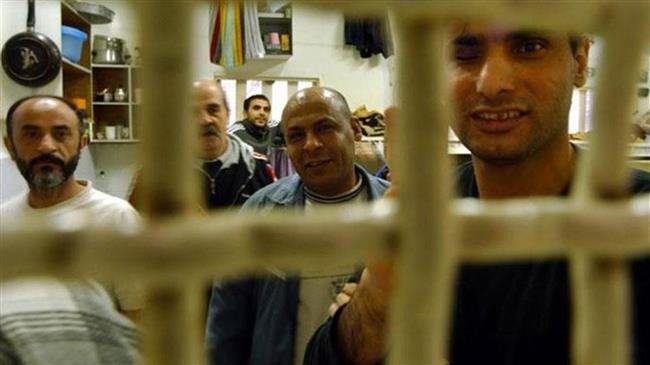



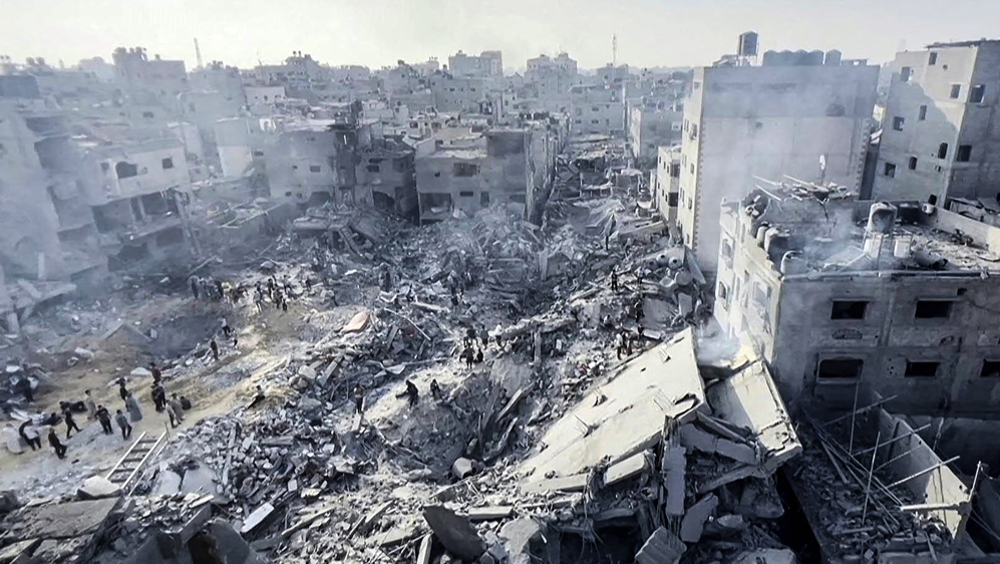
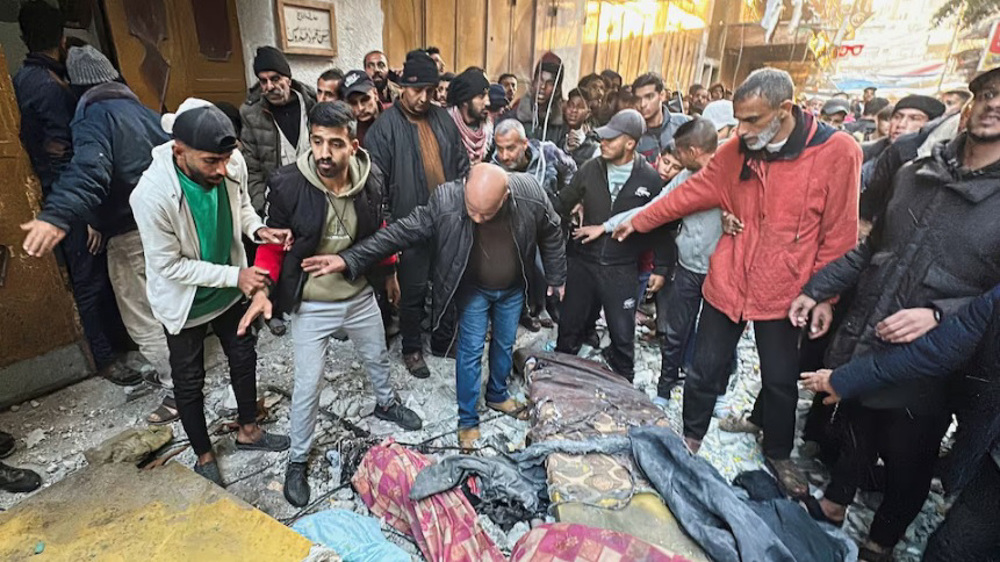



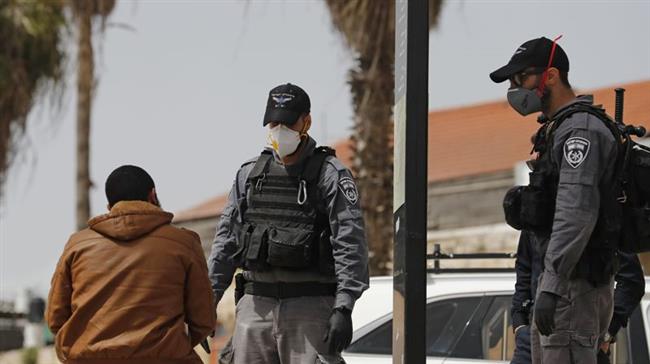
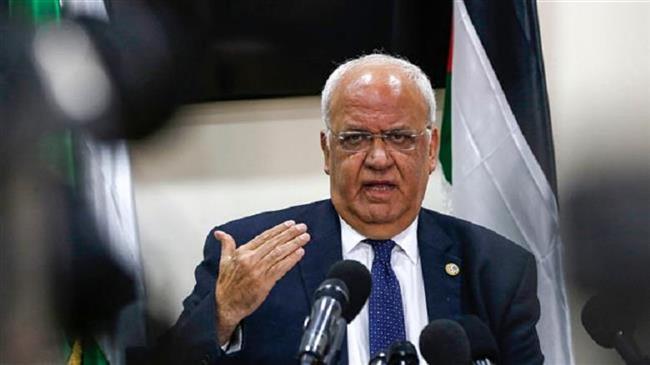
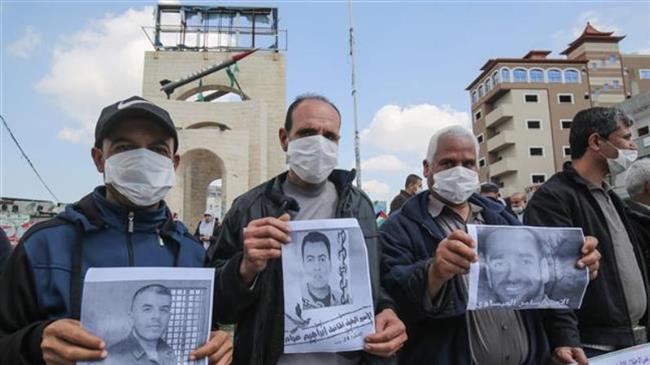
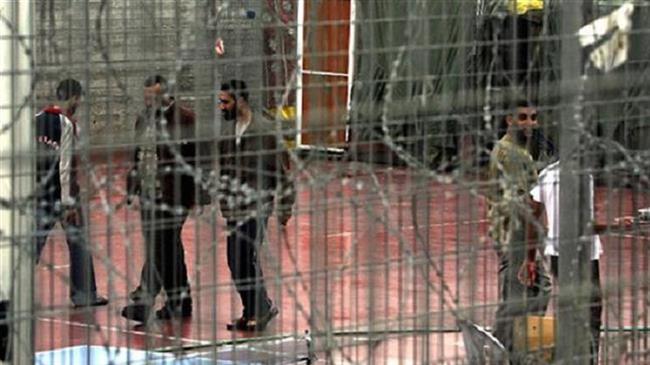
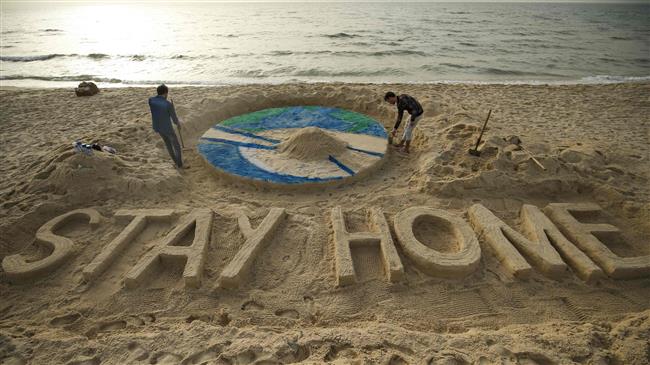

 This makes it easy to access the Press TV website
This makes it easy to access the Press TV website